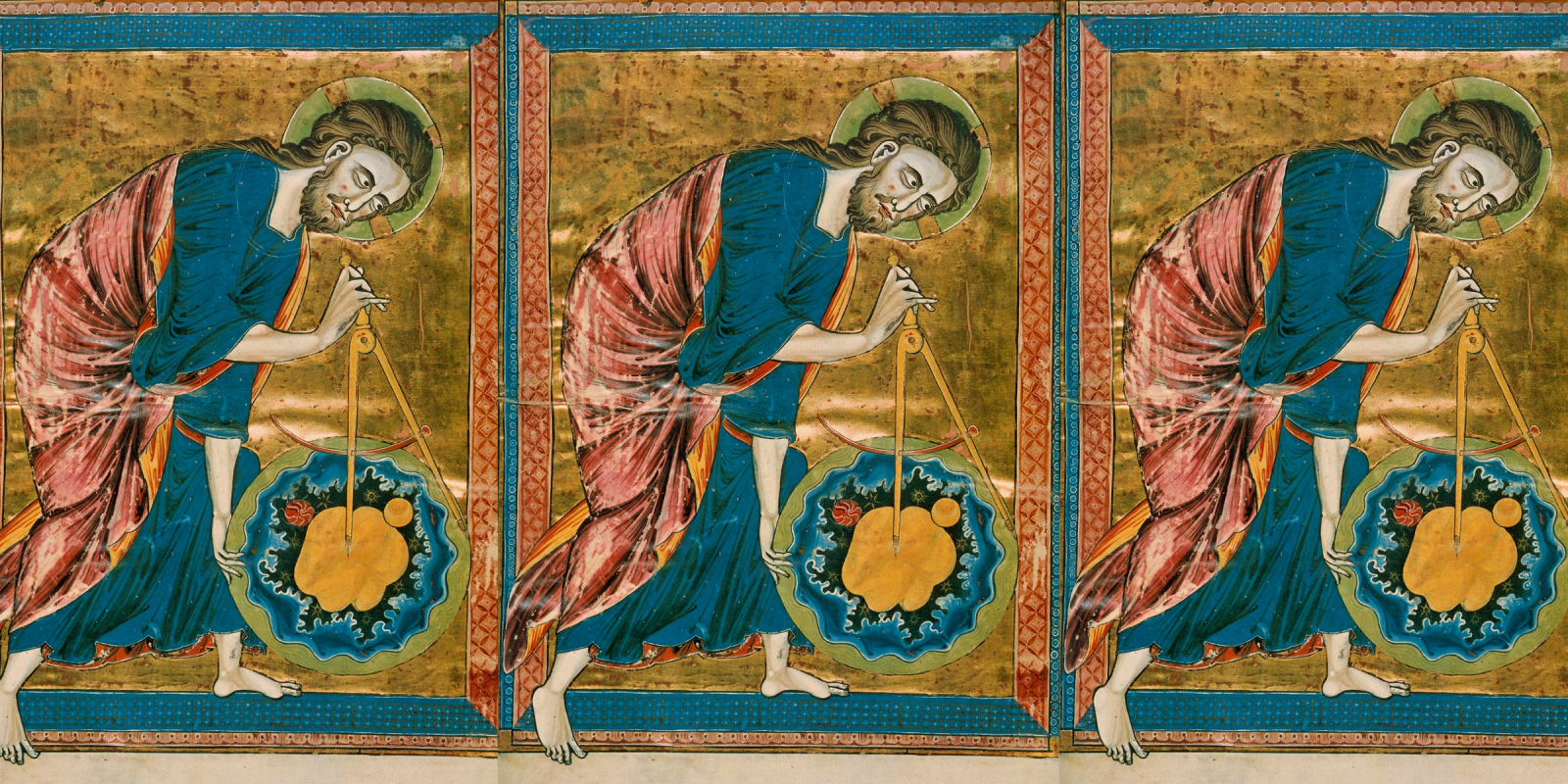
When Darwinian Racism Came to Africa, and the West
Today’s ID the Future features another reading from scholar Olufemi Oluniyi’s new book, Darwin Comes to Africa. In this excerpt we learn how Darwin himself laid much of the groundwork for social Darwinist ideas, primarily in his book The Descent of Man, and how those ideas were energetically developed in the ensuing decades by various mainstream scientists. Oluniyi further details how their work fueled pseudo-scientific racism against black Africans and other indigenous peoples outside the West. To learn more about this neglected corner of modern Western history, and for the good news that the flow of evidence has turned against Darwinism and, with it, social Darwinist principles, pick up Oluniyi’s book here.







